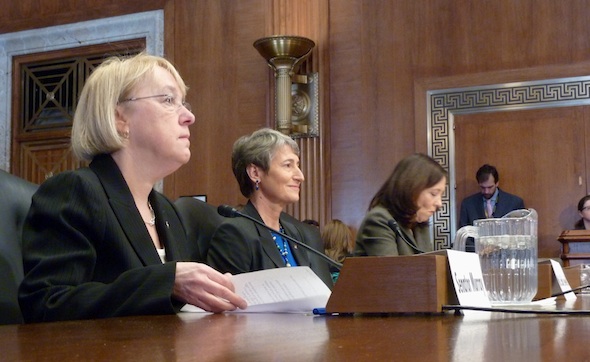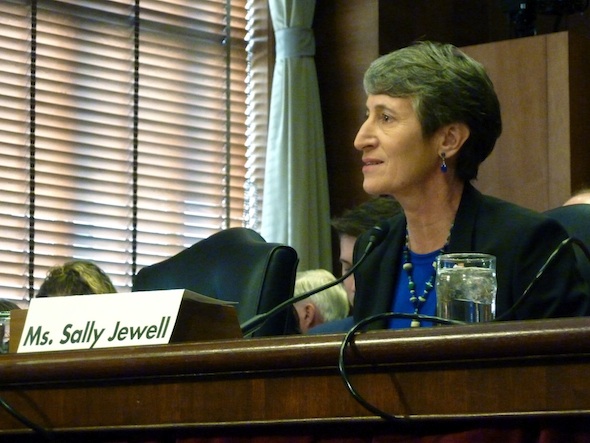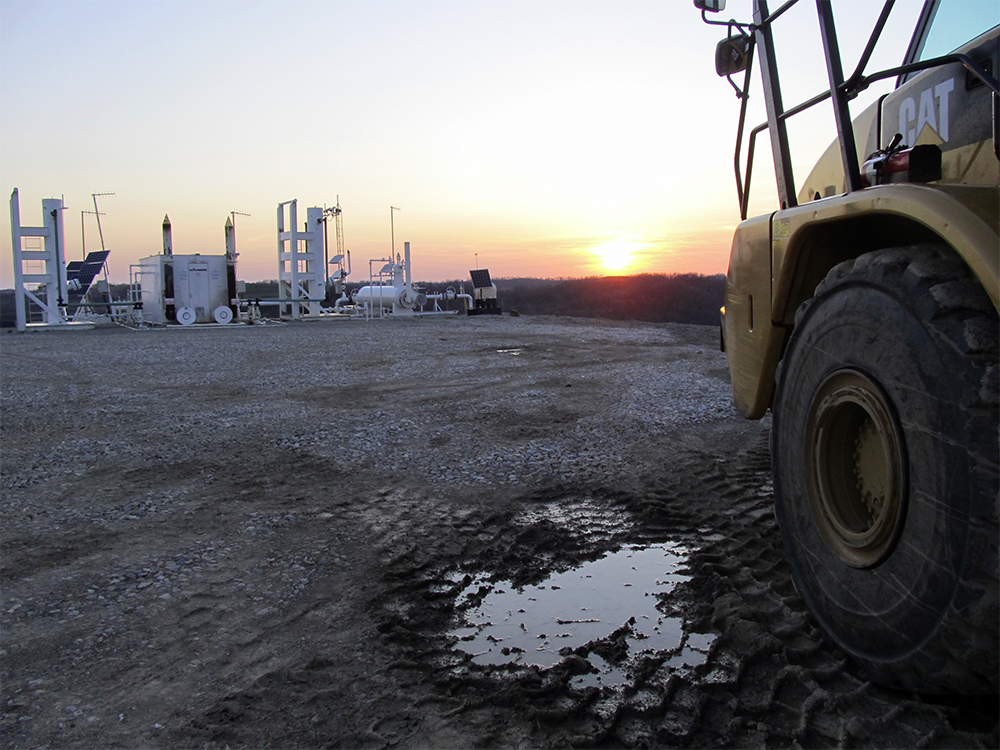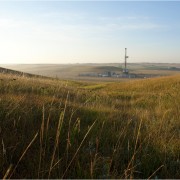Washington Water Main, March 7: Interior Secretary Nominee Greets A Respectful Senate Committee
Later this month, Interior Department Secretary nominee Sally Jewell is expected to take the helm of a department with major influence over United States’ water, food, and energy systems.

The Senate Energy and Natural Resources Committee hosted a confirmation hearing Thursday for Sally Jewell, President Barack Obama’s nominee to be the next Interior Department Secretary. Jewell was greeted warmly and treated respectfully by lawmakers from both parties, a polite start to a term at the helm of an agency contending with immense transition in an era of volatile politics and climatic conditions.
Jewell’s testimony focused on finding a balance in federal management of the nation’s land, water, minerals, forest, and energy resources under the Interior Department’s jurisdiction. But what that balance meant – from gas and oil development on public lands, to wildlife refuge protection, forest management, natural parks, and grazing lands — varied significantly depending on who asked the questions.
Gas and oil development, and its affects on water resources, proved to be a priority at the hearing. At one point Jewell acknowledged some familiarity with the country’s climbing oil and gas production, even as she indicated the capacity to deliver pragmatic decisions. “It’s been a while since I fracked a well. I think it was 1979,” she told the panel. “But the principles are still the same.”
Jewell is the chief executive of the $US 2 billion outdoor retail company Recreational Equipment Inc, a member of several conservation-related boards, an avid outdoorswoman, and was previously an engineer for Mobil Oil Corp. and a commercial banker. She has professional experience in multiple industries with competing stakes in the Interior Department, which manages almost 30 percent of the total land in the United States, giving the department and its secretary significant influence over U.S. water, food, and energy systems.
–Sally Jewell
Interior Secretary Nominee
Committee chairman Ron Wyden (D-Ore.) supports Jewell, calling her an “inspired” choice in a statement last month when her nomination was announced, and echoed his support in his closing statement. Comments from the committee’s Democratic members were mostly welcoming, and allowed Jewell to largely avoid thorny policy issues.
She parried the most adversarial questions from Republican committee members on prioritizing coal development, expanding natural gas extraction on public lands and offshore areas, and her alliance with conservation organizations.
In the weeks leading up to this hearing, ranking minority member Lisa Murkowski (R–Alaska) has been the most skeptical of Jewell’s nomination. Murkowski threatened to block Jewell’s appointment, the Associated Press reported, unless the Interior Department green lights to the construction of a 10-mile road through an Alaskan wildlife refuge.
Thursday Murkowski had a more amenable tone.
Murkowski pushed Jewell to identify herself as an advocate for oil, gas, and mineral development on federally owned land and offshore territory. Jewell – as she did with many similar questions – pointed to her industry background and experience with the value of natural gas and domestic oil production. Later Republican questioners, led most pointedly by Tim Scott from South Carolina, also pushed Jewell to commit to “aggressively” pursuing alternative-fuel development. Jewell would not, however, and only talked generally about an approach — rooted in research and experimentation — that protected the environment while tapping into economic value.
Senator Joe Manchin (R.-W. Va.) pushed Jewell to acknowledge that coal is a dominant energy source in the U.S., and wanted to make sure she included coal as the largest part of the energy portfolio going forward.
Jewell avoided a clear answer to Manchin as well, reiterating her talking points on balance and care in development.
If appointed, Jewell will take over a department operating at a volatile, transitional time for the United States’ water, food, and energy systems. Demand for coal-fired electricity is dropping. Wind power added the most generating capacity to the national energy supply in 2012, and solar power is expanding rapidly.

The Interior Department also will be a crucible for natural gas development in the U.S. The onshore and offshore acreage managed by Interior account for 30 percent of US natural gas output, according to AOL Energy. Jewell would take over an effort started by former Secretary Ken Salazar to craft new rules for hydraulic fracturing on federal lands.
Those regulations — not only for hydraulic fracturing but other natural-gas development, oil, and other fossil fuels — will attempt to protect the water resources increasingly strained by fossil fuels. Interior lands are responsible for 30 percent of the country’s oil production and up to 40 percent of U.S. coal production.
Energy extracted from oil shales of the northern Great Plains and gas shales from the Northeast U.S. to Texas will require three to four times more water than energy from conventional oil and gas reserves. Development in North Dakota’s Bakken Shale is approaching 1 million barrels of oil daily. But some farmers and rural residents are protesting as water use exceeds 15 million gallons daily.
More traditional water management programs also face severe challenges in the coming months.
–Senator Ron Wyden
(D.-Oregon)
Interior supervises $US 1 billion in U.S. water-infrastructure development, climate change response strategies, water conservation initiatives, state-level projects in the Grand Canyon, California, and more. The United States Geological Survey, a bureau in the Interior Department, maintains some of the largest water-related databases in the country.
Persistent droughts, municipal and agricultural mismanagement and overuse, climate change, and urbanization have drained rivers, lakes, and reservoirs across the western United States, most prominently throughout the Colorado River system. Snowpack totals and streamflows in many pockets of the Midwest and western United States are lower than they were this time last year – as much as 30 percent below 30-year average levels in Colorado – raising early concerns about water availability in case the drought continues through the summer.
Combating those interconnected challenges requires a move toward a “21st century vision for water supply,” Natural Resources Defense Council senior attorney Kate Poole wrote in an email to Circle of Blue. Dam-and-divert policies dominated the last century, Poole wrote, and she hopes the next Interior Secretary will move toward “increased water recycling, expanded conservation, improved groundwater management, and stormwater capture and reuse.”
The Senate will vote on Jewell’s nomination later this month. She is expected to easily be approved.
Sources: Associated Press; Energy AOL; Senate Energy and Natural Resources Committee
is a Washington, D.C–based correspondent for Circle of Blue. He graduated from DePauw University as a Media Fellow with a B.A. in Conflict Studies. He co-writes The Stream, a daily summary of global water news.







Leave a Reply
Want to join the discussion?Feel free to contribute!